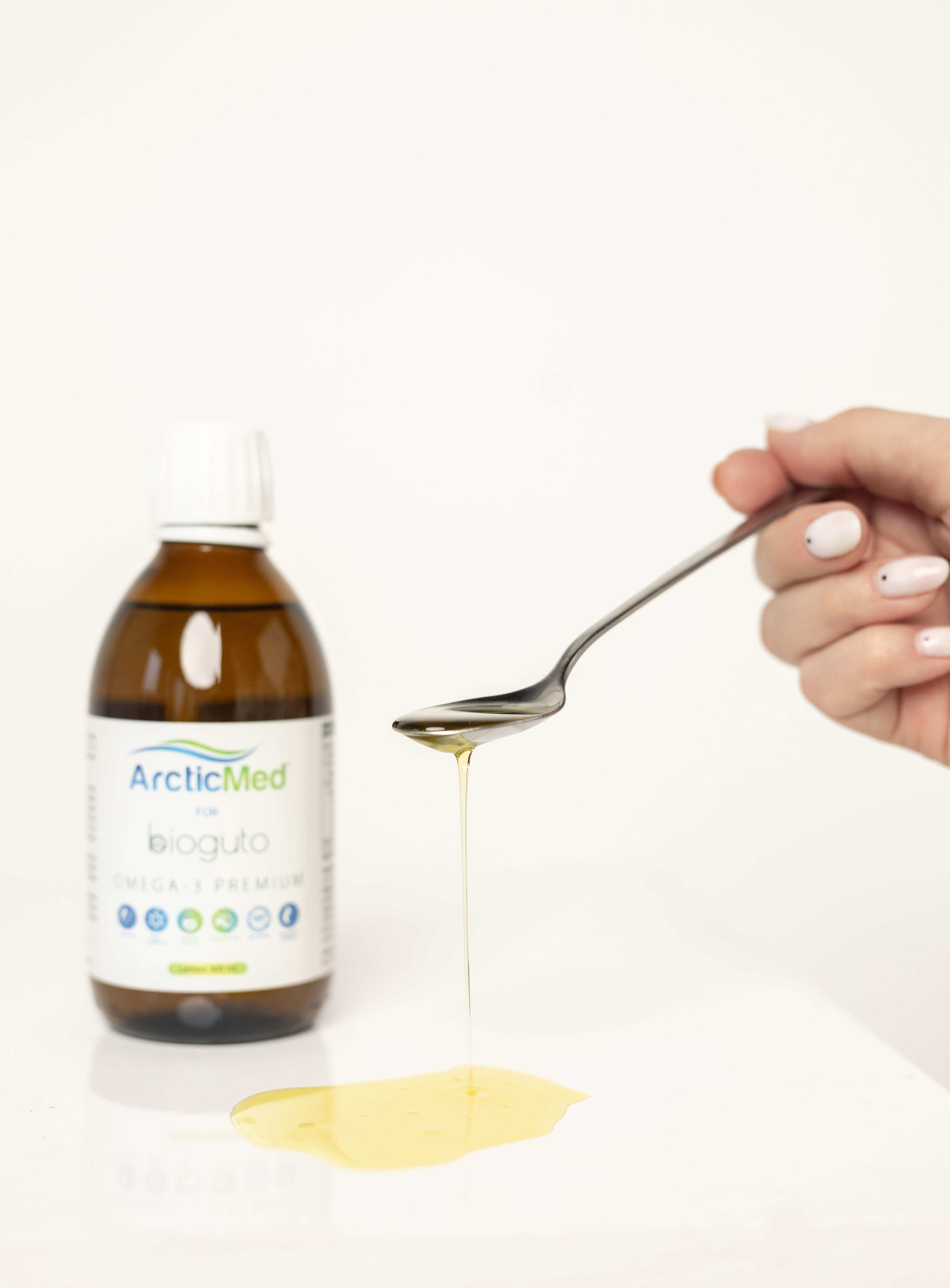Oleocanthal
Oleocanthal
It is not a species of olive tree at all and certainly not a name for olive oil. Oleocanthal is one of the phenolic compounds found in olive oil, more specifically phenylethanoid. This is a compound whose abundance in olive oil can be easily verified by anyone - just taste it. It is oleocanthal that has a throat-irritating effect , so if after tasting olive oil you have a scratchy throat or even the urge to cough, it means that the oil is really high-quality and rich in oleocanthal.
The concentration of oleocanthal in extra virgin olive oil can vary greatly: from 0.2 mg/kg to 498 mg/kg. Such a large difference is due to the influence of many factors on the quality of olive oil, ranging from the method used for the extraction and quantification of phenolic compounds, the geographical region where the olive trees are grown, the type of olive tree, the agricultural techniques used to care for the olive trees, the maturity of the olives, the method of pressing the olive oil, the storage conditions of the oil and the production temperature used for food . Interestingly, while most of the phenolic compounds in olive oil break down when heated during cooking, oleocanthal is relatively stable when heated, especially when present in high amounts in olive oil.
Oleocanthal is particularly valued for its health benefits: anti-inflammatory, antioxidant, antibacterial, neuroprotective and anti-cancer effects. The anti-inflammatory properties of oleocanthal are very well researched and this compound is even recognized as a natural non-steroidal anti-inflammatory drug. The researchers compared oleocanthal and ibuprofen based on their ability to block cyclooxygenase enzymes (which produce substances that cause inflammation and pain). The results showed that when identical doses of oleocanthal and ibuprofen were used, oleocanthal produced three times stronger effects than ibuprofen. It is a really promising compound in the treatment of pain and inflammation, especially in chronic degenerative joint diseases, because it inhibits not only cyclooxygenases, but also other links in the development of inflammation.
Oleocanthal also has a fairly strong antibacterial effect. One of the more interesting works investigating the antimicrobial properties of oleocanthal is Romero et al. (2007). They found that oleocanthal was the only olive oil phenolic compound they tested that showed strong antibacterial activity against Helycobacter pylori . A very low concentration of oleocanthal is sufficient to cause this effect, so olive oil rich in it Romero et al. has been identified as a very promising preventive measure against peptic ulcers.
The anticancer effect of oleocanthal is also promising. It is already known to inhibit the development of melanoma , breast cancer , prostate cancer , liver cancer , colon cancer , multiple myeloma and leukemia .
Attention is also focused on the neuroprotective properties of oleocanthal and its ability to protect against Alzheimer's disease. Its strong anti-inflammatory activity alone in inhibiting the inflammatory component of Alzheimer's and other degenerative brain diseases makes it a potential candidate for this, but recent research suggests that it may also be useful in inhibiting the accumulation of peptides/proteins associated with Alzheimer's disease in the brain.
Oleocanthal and olive oil rich in it are currently in the field of many scientific interests. Much remains to be done, but it is very likely that in the future we will be able to buy pure oleocanthal in pharmacies as a very effective and safe tool in the fight against chronic inflammatory diseases, cancer or degenerative brain diseases (Alzheimer's disease, etc.). In the meantime, let's add olive oil rich in it to our diet.



